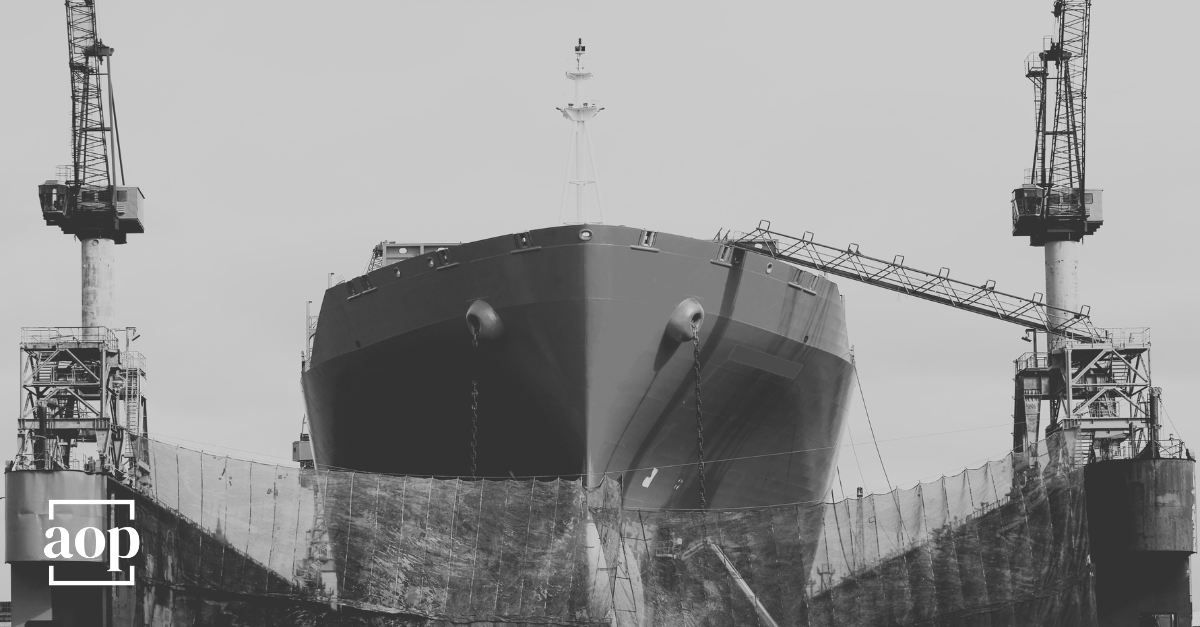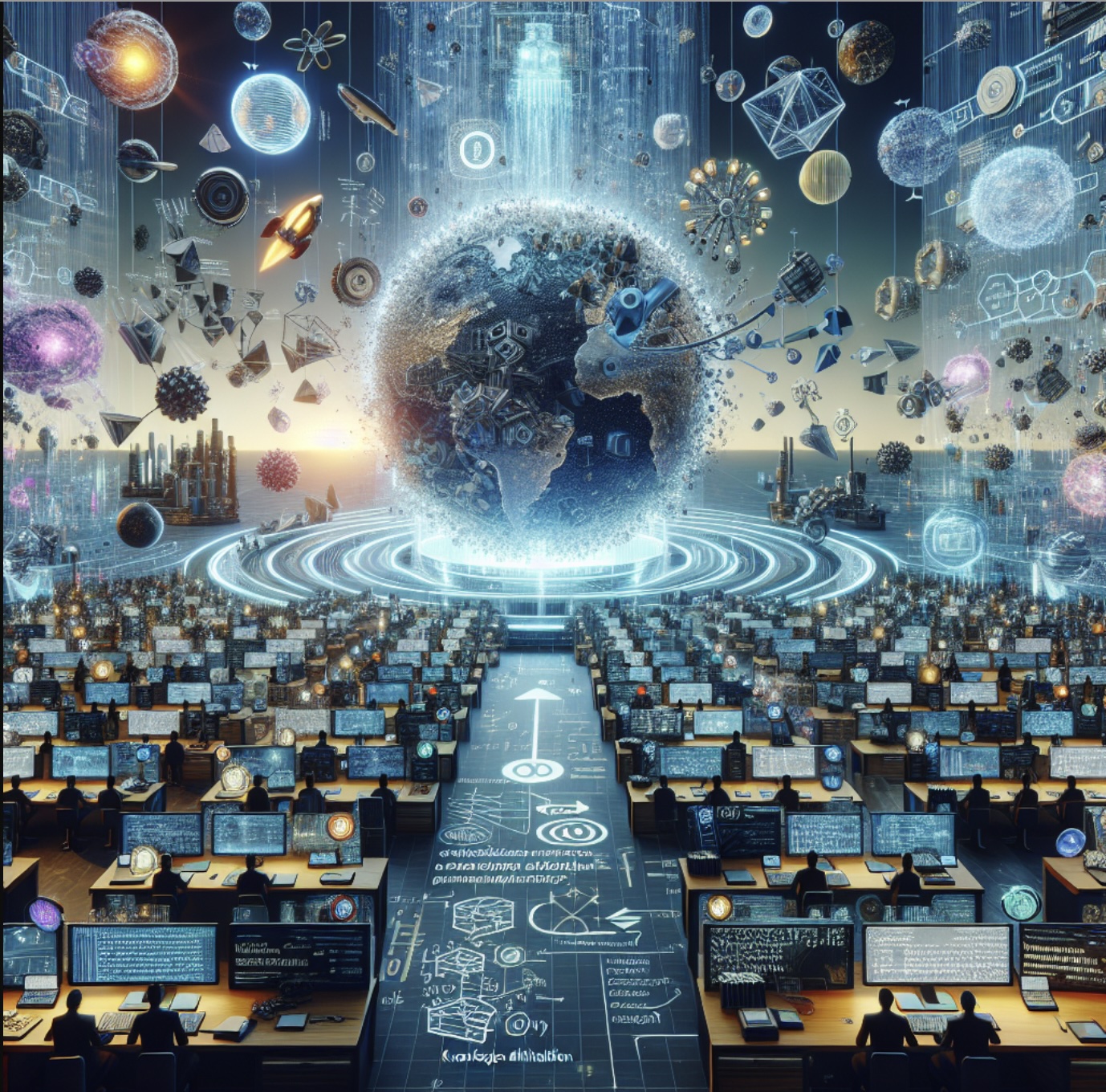Jul11

With the ability to streamline operations, predict risk, and cut costs, it’s no surprise that construction industry leaders are investing in the face of a mass labor shortage.
As we welcome the next major technological leap in construction, it’s up to business owners to get ahead of the curve before an increasingly automated industry becomes too difficult to compete with.
With this in mind, we’ve put together a guide to AI-proofing your construction business for competitive success. From creating a clear AI strategy to upskilling employees, let’s take a closer look at what you need to do to get your business AI-ready in 2025.
The global market for Artificial Intelligence in the construction industry is projected to exceed $ 12.1 billion by 2030, growing at a rapid rate of 31% annually.
AI promises to improve project planning from all angles, streamlining design and optimizing modelling using historical datasets, making it the perfect partner for contractors taking on large-scale projects.
The introduction of AI in the construction sector is also revolutionizing supply chain logistics. With the ability to forecast material demand for each individual project, construction teams can leverage AI to reduce supplier costs by only ordering exactly what they need.
Better still, AI is also improving hazard perception in the workplace. A 2023 report found that construction workers account for approximately 20% of all workplace fatalities in the United States, rendering it one of the most dangerous professions to work in in the country.
AI aims to turn this number around by offering companies real-time hazard perception sensors, calculated risk algorithms, and even smart wearables that detect and protect workers against potential hazards.
As the construction industry takes a tech-infused leap into the future, is your company ready to embrace AI? Let’s find out.
Let’s first assess your current position in the race for AI adoption. There are several factors and signs that suggest a construction business may not be ready to implement AI.
If you’re operating with out-of-date tech and a labor force out of touch with a digital culture, it could be time to switch up your strategy.
Here are just a few of the top reasons why your business might not be AI-ready:
Once you’ve addressed these challenges, AI integration is likely to be a smooth transition for your company and its employees.
AI in the construction sector continues to increase competition between local contractors. AI’s ability to streamline operations enables companies to undertake larger-scale projects and complete them in half the time it would typically take traditional labor forces.
This means that those without AI-powered tools and assets are likely to fall behind in the race to meet labor demands.
This said, there are still plenty of things you can do to ensure that your business is AI-ready in 2025.
To effectively bolster your AI integration process, it is crucial to align your AI initiatives with your business goals from the outset.
Think about the processes that you would like to automate. What area of your business needs the most help from Artificial Intelligence?
Planning a staggered integration of AI makes it easier to manage changes to your traditional methods and gives you the opportunity to monitor its success across every department.
To accelerate the adoption of AI, also ensure that your data is clean and accessible for the best possible results. To enhance your data infrastructure, prioritize centralizing your historical data and establishing consistent data protocols within your team.
Upgrading your employees' digital skills should be a priority for your company if you’re planning to integrate AI.
Construction-based technology skills now include handling smart devices, training on IoT (Internet of Things), reading digital blueprints, and utilizing mobile apps for on-site reporting and communication.
Scheduling regular sessions with your workers to train them up on new technologies better prepares the team for the introduction of AI.
As a construction company, it’s essential to integrate AI gradually for optimal results. While it may seem tempting to immediately invest in robotics, AI-generated modelling tools, and more, starting simple is the way to go.
Areas we’d recommend transforming first are risk mitigation, site monitoring, and even workforce management.
Explore AI-powered workforce management software and predictive tools for site monitoring and safety. These tools aim to streamline in-house processes without dramatically changing the working landscape all at once.
As we enter an AI-first era in the construction industry, it’s time to elevate your business to compete with industry leaders.
While introducing AI to a well-established company can be daunting, the benefits of this technology outweigh the risks.
The key here is to start slowly and create a clear plan for integration before investing. Those who jump straight into a digital pool may find that they sink in an ever-evolving industry.
Keywords: AI
 The Human Twilight and the Dawn of Intelligence: A Future Awaiting
The Human Twilight and the Dawn of Intelligence: A Future Awaiting The Electrification of Everything: Why Energy Transition Is Hard, and Why Delay Isn’t an Option
The Electrification of Everything: Why Energy Transition Is Hard, and Why Delay Isn’t an Option Prediction Is a Trap. Preparation Is Power.
Prediction Is a Trap. Preparation Is Power. China Outpaces U.S. in Shipbuilding: 1,000 to 8
China Outpaces U.S. in Shipbuilding: 1,000 to 8 The Innovation Dilemma: Open-Weight Versus Proprietary Models in Knowledge Distillation
The Innovation Dilemma: Open-Weight Versus Proprietary Models in Knowledge Distillation